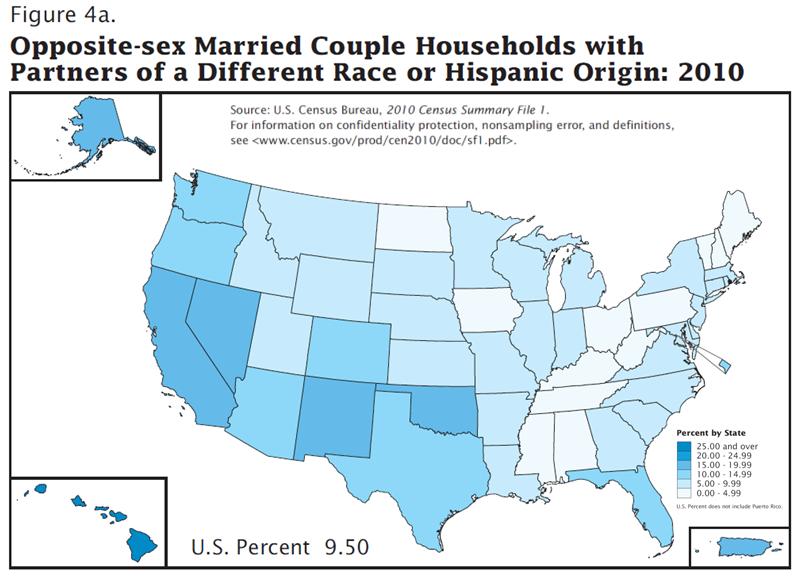4 Years Later, Race Is Still Issue for Some VotersPosted in Articles, Barack Obama, New Media, Politics/Public Policy, United States on 2012-05-04 20:03Z by Steven |
4 Years Later, Race Is Still Issue for Some Voters
The New York Times
2012-05-03
STEUBENVILLE, Ohio — This is the land of die-hard Democrats — mill workers, coal miners and union members. They have voted party line for generations, forming a reliable constituency for just about any Democrat who decides to run for office.
Certain precincts in this county are not going to vote for Obama,” said John Corrigan, clerk of courts for Jefferson County, who was drinking coffee in a furniture shop downtown one morning last week with a small group of friends, retired judges and civil servants. “I don’t want to say it, but we all know why.”
A retired state employee, Jason Foreman, interjected, “I’ll say it: it’s because he’s black.”
For nearly three and a half years, a black family has occupied the White House, and much of the time what has been most remarkable about that fact is how unremarkable it has become to the country. While Mr. Obama will always be known to the history books as the country’s first black president, his mixed-race heritage has only rarely surfaced in visible and explicit ways amid the tumult of a deep recession, two wars and shifting political currents…
Read the entire article here.
